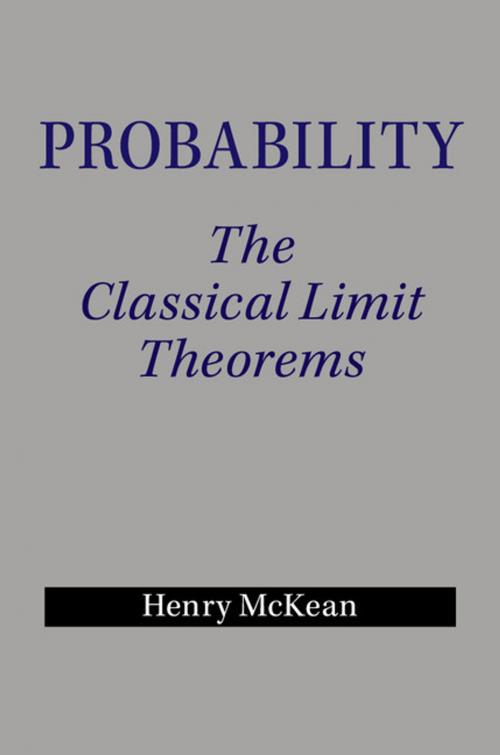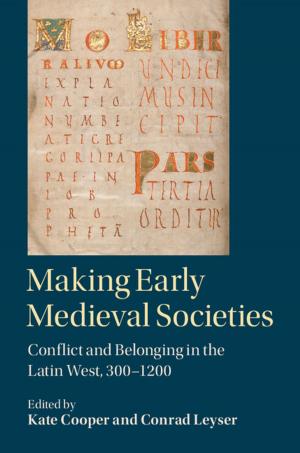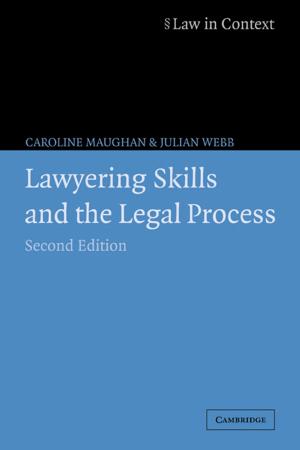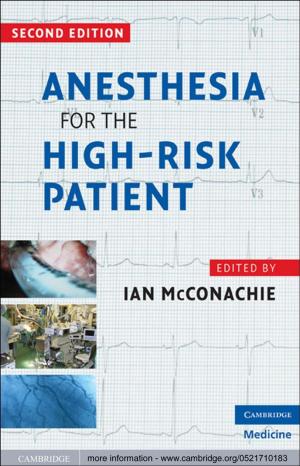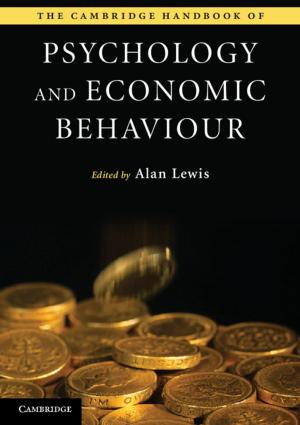Probability
The Classical Limit Theorems
Nonfiction, Science & Nature, Mathematics, Mathematical Analysis, Reference & Language, Reference| Author: | Henry McKean | ISBN: | 9781316055397 |
| Publisher: | Cambridge University Press | Publication: | November 27, 2014 |
| Imprint: | Cambridge University Press | Language: | English |
| Author: | Henry McKean |
| ISBN: | 9781316055397 |
| Publisher: | Cambridge University Press |
| Publication: | November 27, 2014 |
| Imprint: | Cambridge University Press |
| Language: | English |
Probability theory has been extraordinarily successful at describing a variety of phenomena, from the behaviour of gases to the transmission of messages, and is, besides, a powerful tool with applications throughout mathematics. At its heart are a number of concepts familiar in one guise or another to many: Gauss' bell-shaped curve, the law of averages, and so on, concepts that crop up in so many settings they are in some sense universal. This universality is predicted by probability theory to a remarkable degree. This book explains that theory and investigates its ramifications. Assuming a good working knowledge of basic analysis, real and complex, the author maps out a route from basic probability, via random walks, Brownian motion, the law of large numbers and the central limit theorem, to aspects of ergodic theorems, equilibrium and nonequilibrium statistical mechanics, communication over a noisy channel, and random matrices. Numerous examples and exercises enrich the text.
Probability theory has been extraordinarily successful at describing a variety of phenomena, from the behaviour of gases to the transmission of messages, and is, besides, a powerful tool with applications throughout mathematics. At its heart are a number of concepts familiar in one guise or another to many: Gauss' bell-shaped curve, the law of averages, and so on, concepts that crop up in so many settings they are in some sense universal. This universality is predicted by probability theory to a remarkable degree. This book explains that theory and investigates its ramifications. Assuming a good working knowledge of basic analysis, real and complex, the author maps out a route from basic probability, via random walks, Brownian motion, the law of large numbers and the central limit theorem, to aspects of ergodic theorems, equilibrium and nonequilibrium statistical mechanics, communication over a noisy channel, and random matrices. Numerous examples and exercises enrich the text.
